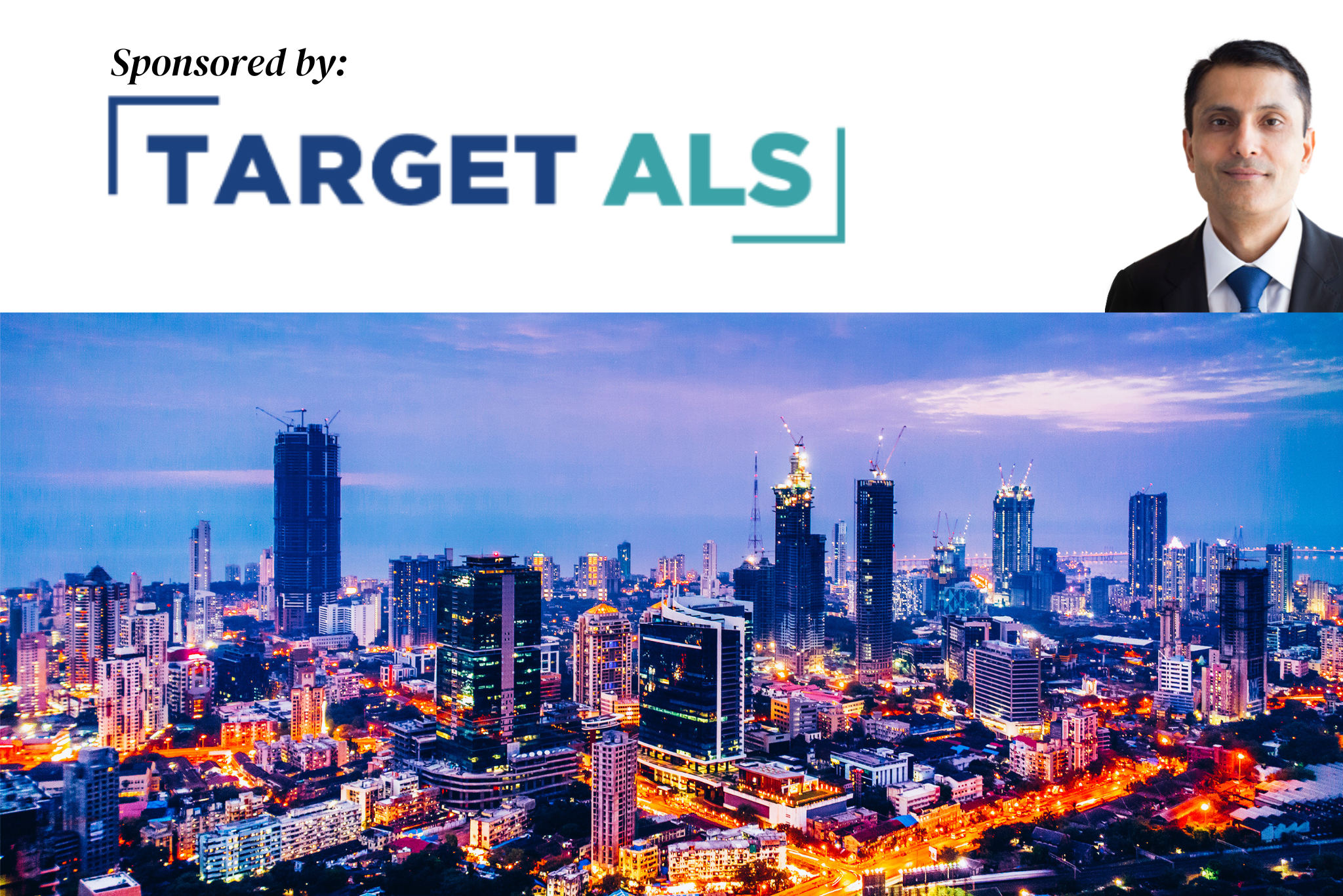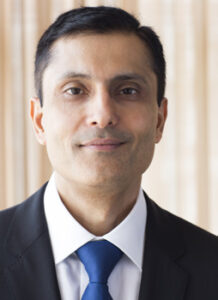The lessons learned from one nano-rare study can have a far wider impact on ALS research
Manish Raisinghani joins the Patient Empowerment Program to discuss how Target ALS fosters collaboration between academia and industry to research and accelerate the fight against ALS. Target ALS has funded over 50 collaborative projects. Greater than 50% of which have had an industry partner and over 60% have resulted in an ongoing drug discovery program. From their Innovative Ecosystem, 6 clinical trials have emerged. Target ALS’ commitment to fight all forms of ALS, no matter how rare, is evident in their founding support of Silence ALS, an initiative that aligns Columbia University and n-Lorem to offer an integrated solution to identify, support and potentially treat nano-rare ALS patients. Target ALS hopes that one day, no patient, no matter how rare their form of ALS, is left behind.
On This Episode We Discuss:
- Target ALS’ innovative model
- Accelerating ALS research through collaboration
- How a single nano-rare study can inform the ALS research landscape
- The importance of understanding the fundamental biology behind ALS
- Committing to fight all forms of ALS
- Target AlS’ support for n-Lorem and Columbia University’s Silence ALS Initiative
Watch on YouTube:
Manish Raisinghani grew up in Kharagpur, India, where his father was a faculty member of the renowned Indian Institute of Technology. Manish earned his Bachelor of Medicine, Bachelor of Surgery degree from the Seth G.S. Medical College and KEM Hospital in Mumbai, India, and then moved to the United States where he earned his Ph.D. from Southern Illinois University. He served in senior scientific and executive roles at Columbia University, Sigma-Aldrich, and Taconic Biosciences, including over 10 years of focus in neuroscience. He is a member of the Society for Neuroscience and has published dozens of research articles. Manish wanted to be in a position where he could change people’s lives and joined a Columbia University program which was a precursor for Target ALS. Now, as the CEO of Target ALS, Manish is leading the organization towards their goal of a world where everyone with amyotrophic lateral sclerosis (ALS) lives.
Founded in 2013 by Dan Doctoroff, Target ALS is a non-profit medical research foundation committed to the search for effective treatments for ALS, also known as Lou Gehrig’s disease. Target ALS originated as a program of Columbia University but has since become an independent nonprofit organization. Target ALS has revolutionized ALS research through a landmark Innovation Ecosystem model, fostering unprecedented scientific collaboration between academia and the pharmaceutical/biotech industry. This model stimulates acceleration towards clinical trials while maintaining staunch biological rationale.
Manish helped establish the Target ALS Innovative Ecosystem. This ecosystem allows ALS researchers worldwide to have access to a range of critical tools ranging from biospecimen and genomic datasets and lowers research barriers by not placing intellectual property restrictions on research that emerges from their programs. The ecosystem promotes collaboration as Target ALS exclusively funds multi-investigator research consortia that pursues novel approaches for ALS drug discovery and development. All decisions for funding are reviewed and decided on by an independent review committee. Target ALS is also keen on networking and strong communication throughout their community and holds an annual summit attended by over 300 scientists, foundations, venture capitalists, industry leaders and donors.
Manish Raisinghani, M.B.B.S., Ph.D., is CEO of Target ALS Foundation. Manish has led the foundation since its founding in 2013 and grown it into a significant research accelerator for ALS through a collaborative approach that bring together academia, pharma/biotech, venture capital and other non-profits to work together. For more information on Target ALS, visit targetals.org.
Credits
Hosted by: Dr. Stan Crooke.
Videographer: Jon Magnuson of Mighty One Productions.
Producers: Kim Butler, Colin Delaney, Kira Dineen, Jon Magnuson, Andrew Serrano and Amy Williford.
More from n-Lorem:
See what else we are up to on Twitter, Instagram, Facebook, Linked In, YouTube and our website, nlorem.org. If you enjoy this episode, please rate and review us, as it helps others find our podcast. Questions/inquiries can be sent to [email protected].
Download Transcript:
To follow along with this interview, download the transcript below.
Listen to our next interview:

We cannot do
this alone
Together we are changing the world—
one patient at a time
We hope that you join us on this journey to discover, develop and provide individualized antisense medicines for free for life for nano-rare patients. The ultimate personalized medicine approach – for free, for life.
Follow us on social for updates on our latest efforts




